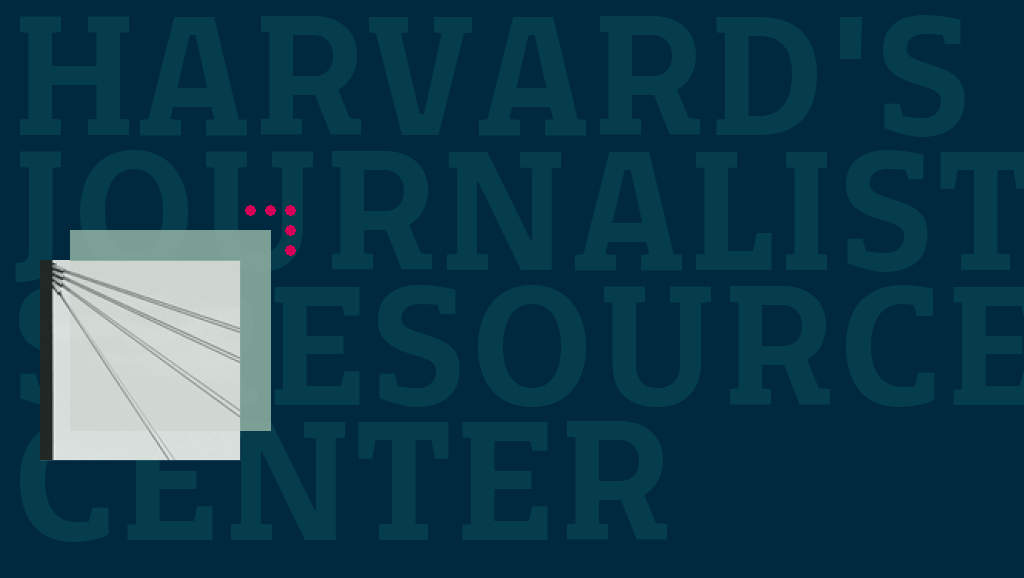One of the issues has been repeatedly raised at the Bassetti Foundation is that of finding and communicating reliable scientific information. Journalists are often non-specialized and lack scientific training, and the reprinting of press releases that may not be unbiased is common.
Here at the University of Harvard staff have created a Journalist’s Resource Center, in order to provide writers with access to reports that may help them in their work.The project is based at the Shorenstein Center, and the stated aim is to establish and promote the concept of “Knowledge Based Reporting”. Anyone interested in policy and public affairs is invited to use the online facility, all materials are all free and published under a Creative Commons license.
The objective is to provide succinct and condensed quality information on topics of public interest, and bring journalism closer to the research world.
The site is run by staff and graduate students at Harvard Kennedy School’s Joan Shorenstein Center on the Press, Politics and Public Policy, as part of the Carnegie-Knight Initiative on the Future of Journalism Education. In addition to providing access to scholarly reports and papers on a wide range of topics, it makes available syllabi for educators and skills-based reference material.
The site also contains links to other databases that may be of interest to communicators of science such as the Social Science Research Network, Harvard’s DASH repository and the Public Library of Science, other sources of peer reviewed research documents.
One topic that has recently been addressed by the Bassetti Foundation is that of risk, and looking through the resources I find the following report about cultural predispositions and their effect upon how risk is viewed and perceived. The summary page is a good example of other pages on the site. Its conclusion is worthy of note; “cultural cognition should be taken into account in public deliberations about risk. It is not enough to assure that scientifically sound information — including evidence of what scientists themselves believe — is widely disseminated,” they write. “To overcome this effect, communicators must attend to the cultural meaning as well as the scientific content of information.”
For other articles on this website related to the communication of science see the following:
The Royal Society, A Font of Information
Bad Science by Ben Goldacre
From Here to Infinity
Is Ethics a Branch of Politics?
Notes on the International Public Communication of Science Conference
Building a Bridge Between Science and Society
A conversation with Pallavi Phartiyal
Launch of the UCS Center for Science and Democracy.
The list above is far from exhaustive!
———————-
(photo: Connections by bupowski from Flickr)
















